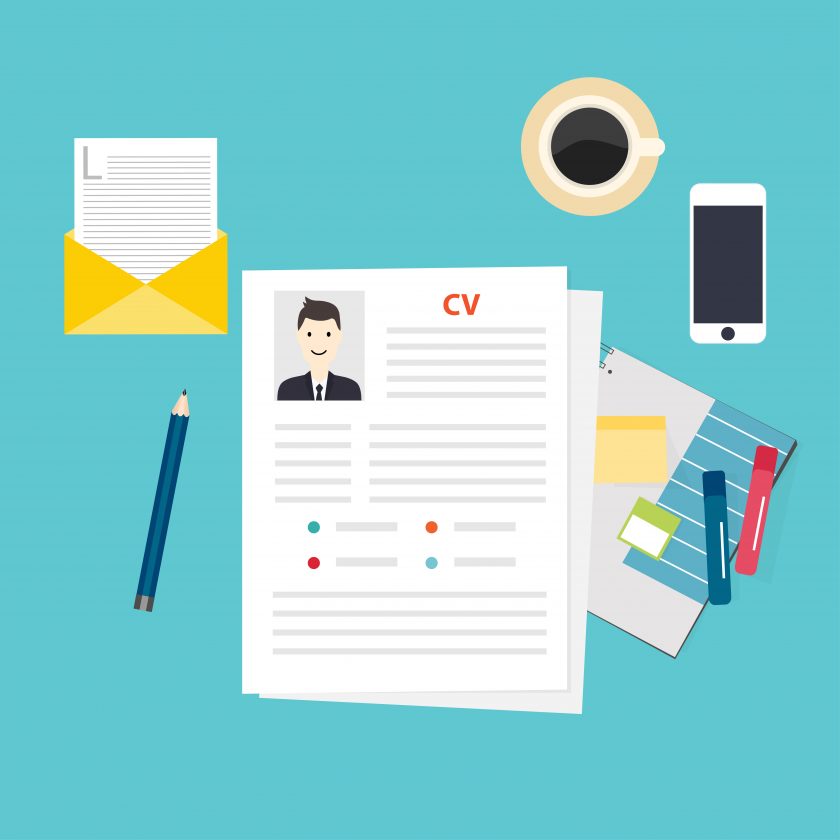
A good resume should be long enough to cover all the information you need, but not long enough to puzzle the recruiter reading it. Look site https://resumegets.com/ – it is the best resume wording help in Internet. To get an idea of the ideal resume, it is worth dwelling in more detail on the principles of writing this document.
A person who independently compiles a resume may face several difficulties. Many find it difficult to choose the style of presentation and the selection of linguistic means appropriate for the written description of previous work experience. The hardest part, however, is deciding what to include in the document.
A good resume should be long enough to cover all the information you need, but not long enough to puzzle the recruiter reading it. To get an idea of the perfect resume, consider the principles of writing this document.
Generally accepted ideas about resume size
In recent years, several approaches have emerged regarding resume length. Each of them is not devoid of common sense. The first and, perhaps, the most common of them is familiar to everyone who has taken a career guidance course. It is defined as a “one-page rule”. It lies in the fact that a good resume should never be longer than a page. This approach makes sense: to fill out a one-page resume, the applicant must think carefully about what data should be included in the document and what can be omitted.
Another sensible principle is the so-called “six-second rule”. The idea here is that the average hiring professional is willing to spend as little as six seconds on each resume. Therefore, the applicant needs to be able to convey the most important information perceived during this time period. And although there is no exact data on the application of the six-second rule, the submitter of the resume should understand that a rather busy person will probably have to get acquainted with this document. The more capacious your resume is, the better.
Consider your area of employment
Despite all of the above, it is not always necessary to adhere to generally accepted rules. For example, if you are a member of the high-level scientific community, you simply cannot write an effective resume that will fit on one sheet of paper. After all, you need to provide an exhaustive list of publications to convince the hiring professional that you are qualified and productive in your job. Following the general rules in such a situation is not just a bad idea – it is a guarantee that you will never be hired.
Always take the time to review resumes from other professionals in your industry. Typically, the length of this document depends on the type of position the applicant is applying for. If you are applying for a job for inexperienced employees, a one-page resume is sufficient. If you have been working for five to ten years, it is best to prepare two pages. Whether you’re applying for a management position or working in a specialized industry, a detailed description of your experience will matter more than the length of your resume.

Verbal rubbish or essential information?
So, how do you determine the required length of the resume you submit as a job application? It all depends on how balanced the decision you make. You must decide what information on your resume will increase your chances of being hired, and what is nothing more than a verbal husk. Be honest with yourself in your choices.
Word trash is any data that does not serve the intended purpose. For example, you might want to exclude any mention of student and entrepreneurial membership from your resume unless you have any work experience or your position is not directly related to your previous business association.
Alternatively, you can opt-out of the referral section on your resume, as most employers require you to provide this information separately. In some cases, it is even recommended to remove the “Objectives” section: it is really unnecessary if a cover letter is attached to the document, and only takes up extra space. Each piece of information on your resume should testify not only to experience but also to the ability to perform the job for which you are applying.
Conclusion
How long should your resume be? Unfortunately, the answer is long enough. Try to write a resume that is large enough to convince the hiring manager of your ability to do the assigned work, but doesn’t overdo it, otherwise, important data will be lost in the stream of unnecessary information.
Trying to stick to a one-page format is a good idea early in your career. At the same time, you should always strive to ensure that your resume matches the average length of applications for applicants in your segment. By tweaking your resume a little, you will provide the potential employer with a document that only tells the most important thing about you.
